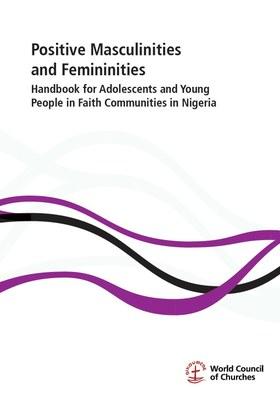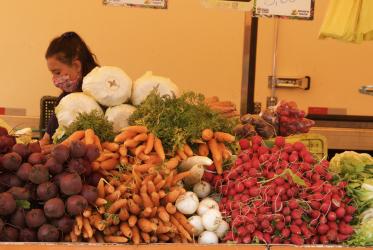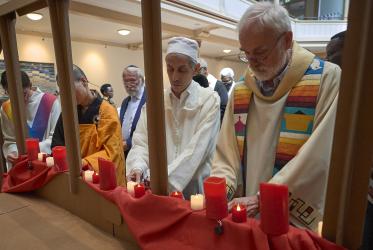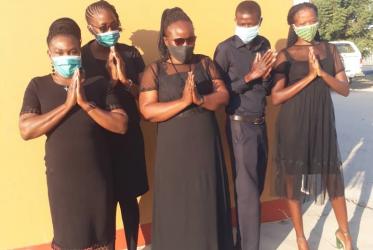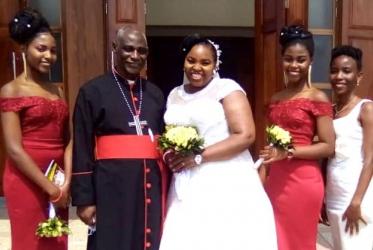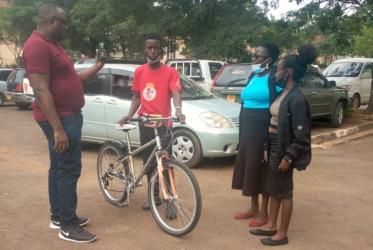Displaying 121 - 140 of 461
23 October 2020
WCC mourns passing of Hendrew Lusey-Gekawaku
23 October 2020
Positive Masculinities and Femininities
Handbook for Adolescents and Young People in Faith Communities in Nigeria
19 October 2020
On World Food Day, “we pray for wisdom to care for the earth”
16 October 2020
Healing Together
A Facilitator’s Resource for Ecumenical Faith and Community-Based Counselling
15 October 2020
WCC to host online prayer service for World Food Day
09 October 2020
Interfaith conference will explore role of faith in HIV response
03 September 2020
Thursdays in Black is growing in Namibia
20 August 2020
True and false prophecy in the age of pandemic
12 August 2020
In Uganda, resilience and hope overshadow stigma
31 July 2020
